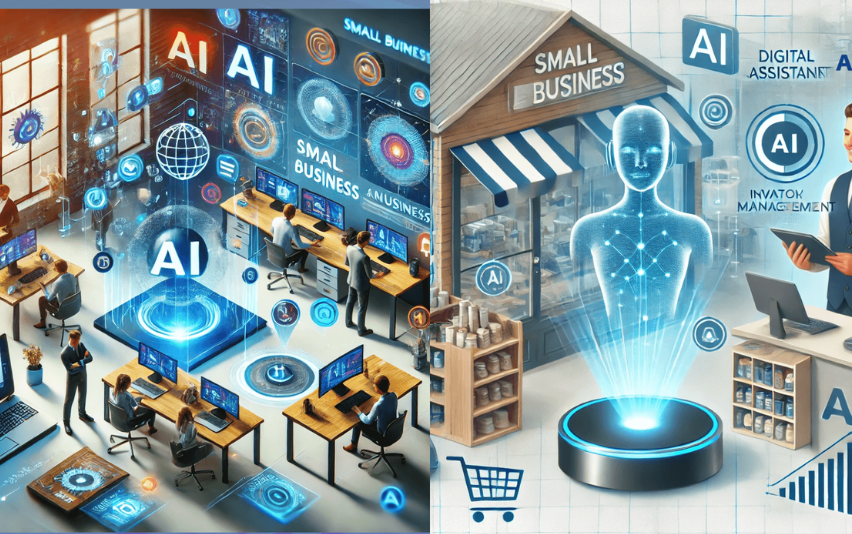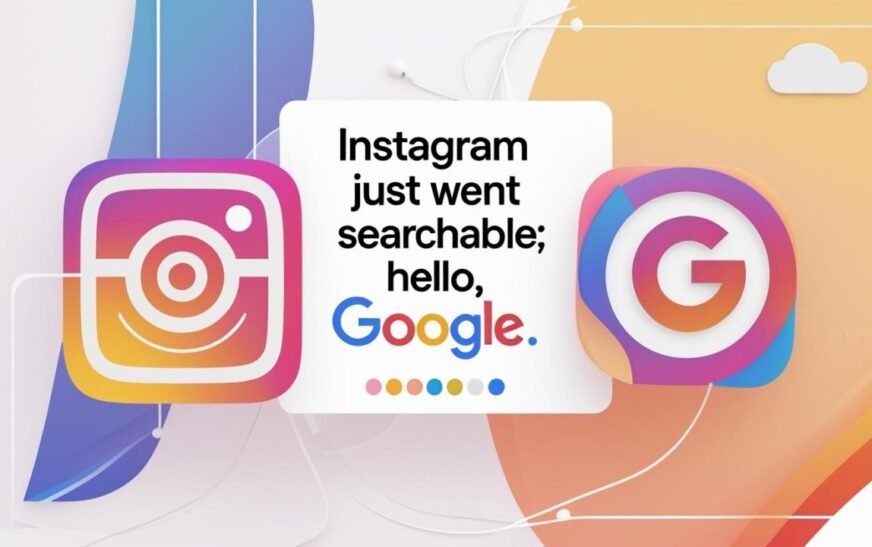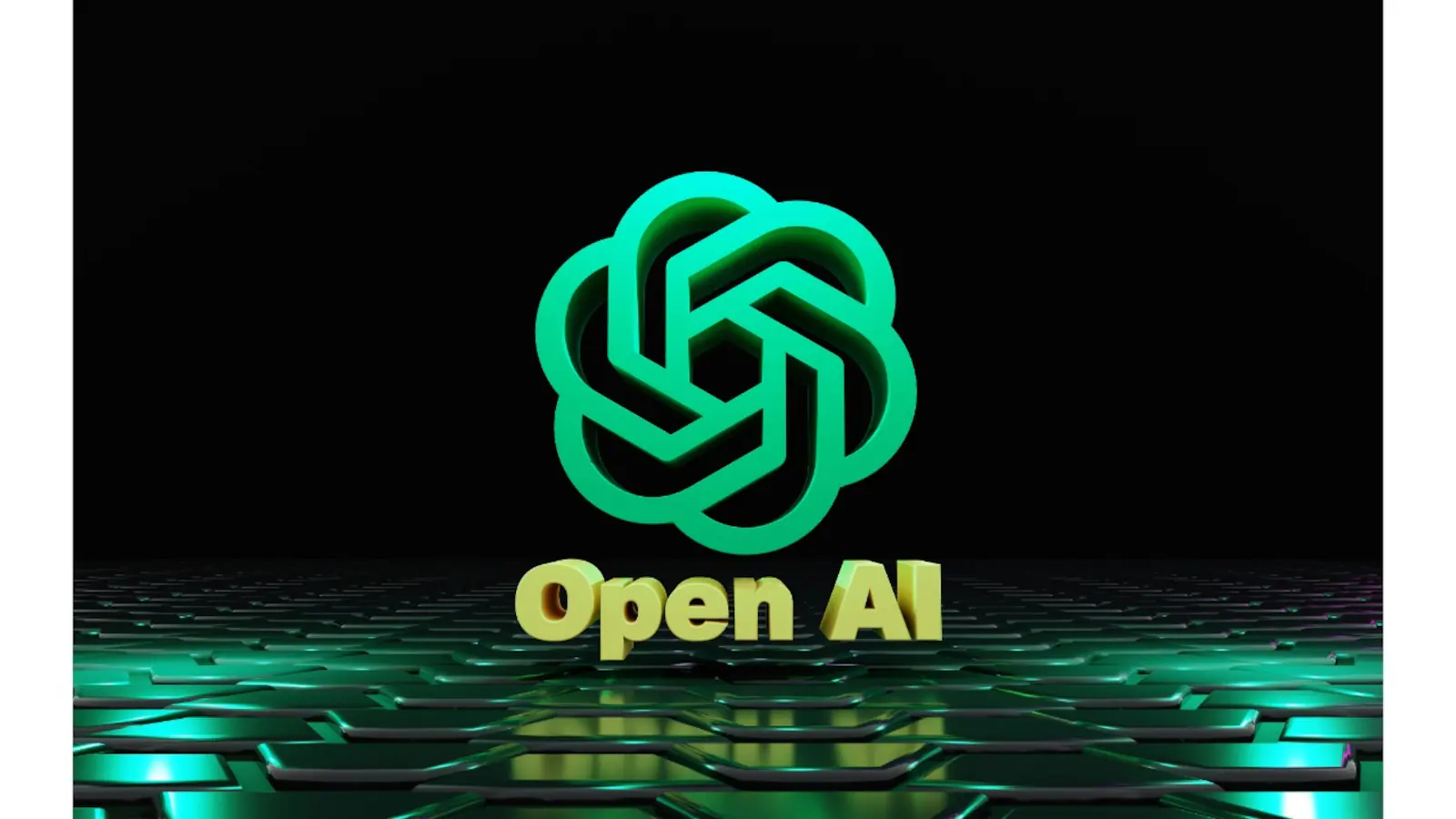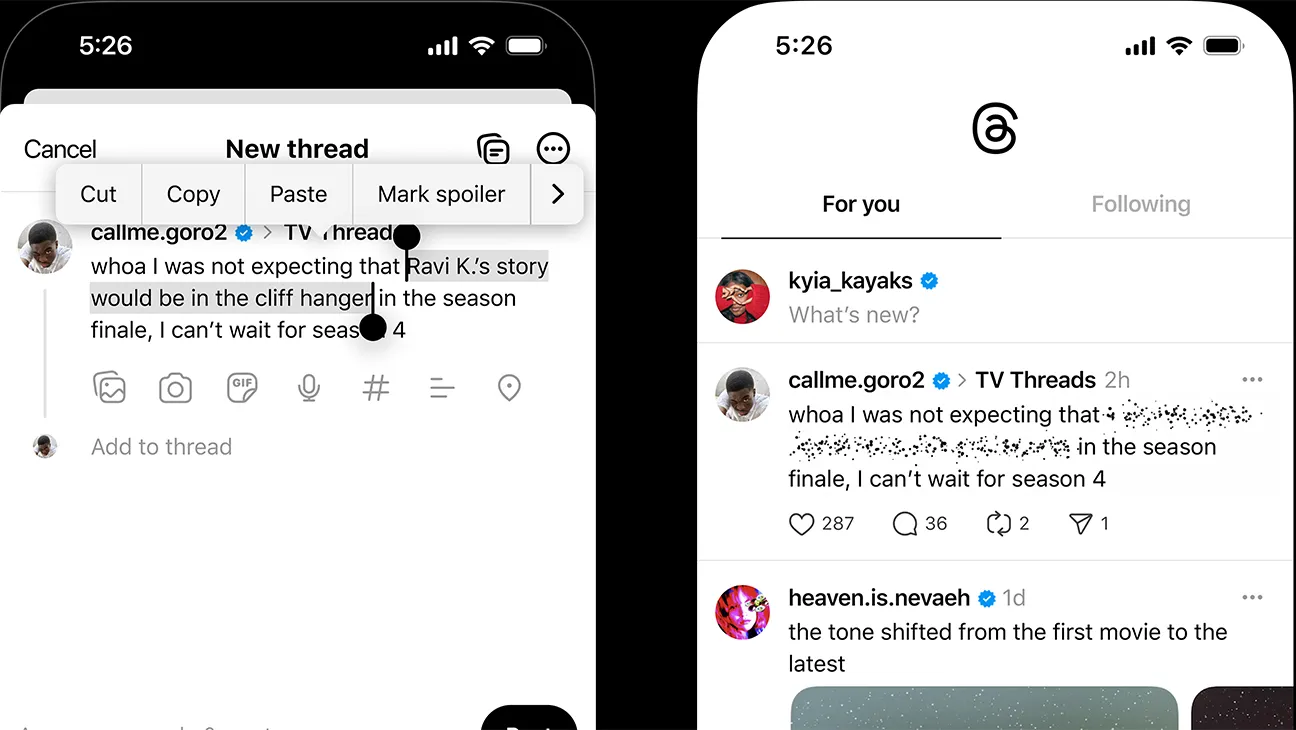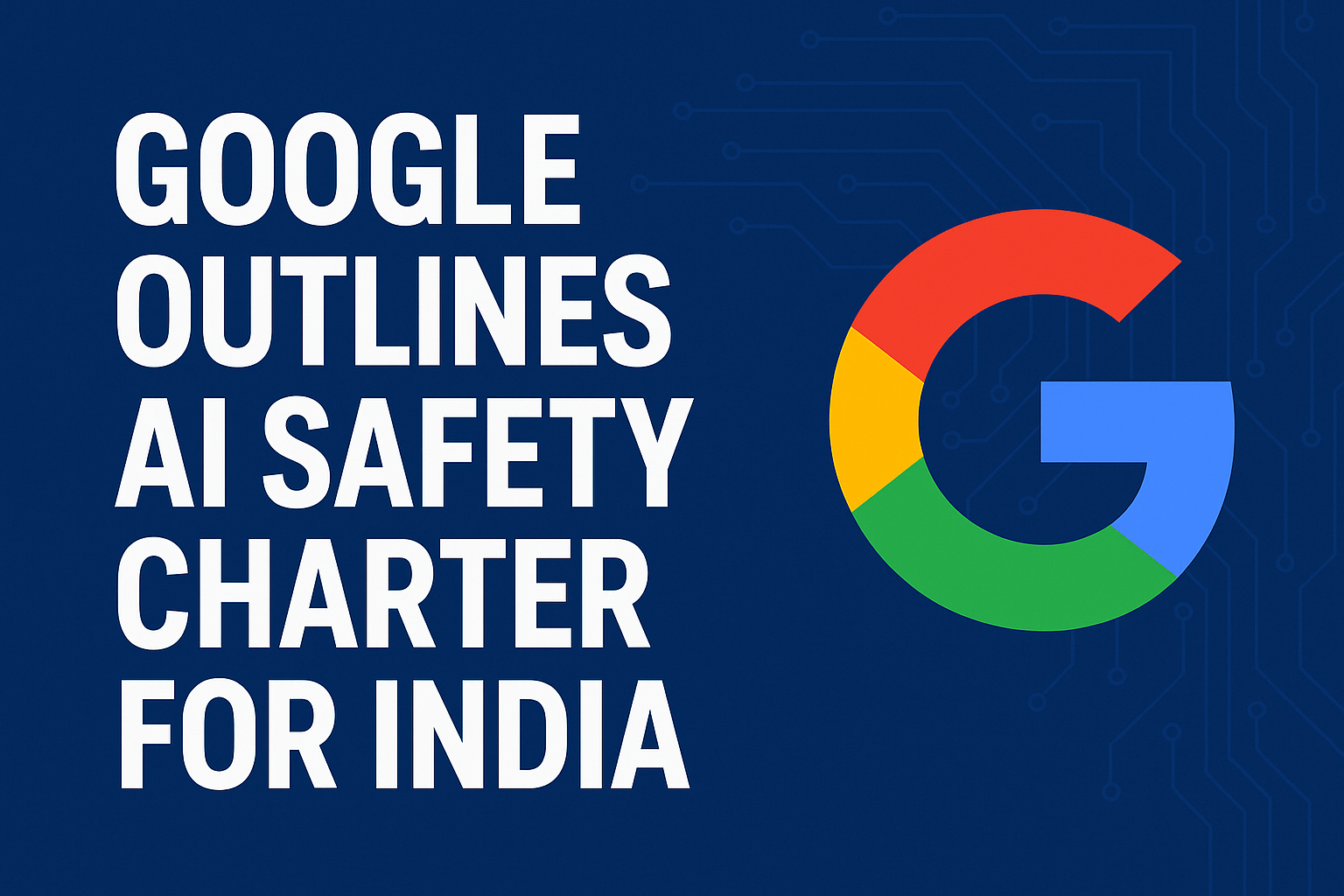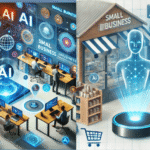In 2025, the battle for browser dominance is about to heat up like never before. OpenAI is officially preparing to launch an AI-powered web browser, directly positioning itself as a competitor to Google Chrome.
This new AI browser from OpenAI isn’t just another search engine skin or speed-focused tool—it’s being built as a smart, adaptive browser that understands user behavior, automates research, and revolutionizes how we interact with the internet.
If you’ve been relying on Google Chrome for years, it might be time to look at what’s coming next.
Why Is OpenAI Launching a Web Browser?
OpenAI, the creator of ChatGPT, is on a mission to embed AI in everyday workflows. After transforming writing, coding, design, and customer service with generative AI, OpenAI’s next move is clear: reshape how people access and consume information on the internet.
Key goals behind the launch:
- Break dependency on search engines like Google
- Create an AI-first browsing experience
- Offer real-time research automation
- Boost productivity using natural language commands
The timing is also strategic. With AI adoption growing across sectors, OpenAI’s browser launch could redefine the browser market just like Chrome did back in 2008.
OpenAI Browser vs Google Chrome: What’s the Difference?
Let’s compare the two in terms of performance, features, and user goals.
| Feature | OpenAI AI Browser | Google Chrome |
|---|---|---|
| AI Integration | Deep, native with ChatGPT-style support | Minimal, through extensions |
| Research Tools | Real-time summarization, Q&A | Manual search and plugin-based |
| User Interface | AI-centric, conversation-driven | Traditional tab-based |
| Data Privacy | Likely AI-controlled, possibly offline mode | Google-linked data sharing |
| Custom Commands | Natural language actions like “Find latest AI tools” | Requires manual effort or extensions |
This table shows how OpenAI’s AI browser challenges Google Chrome not by copying it, but by reinventing what a browser can be.
What Features Will OpenAI’s AI Browser Offer?
While OpenAI hasn’t officially released full specs yet, early reports and leaks suggest it may include:
- AI Assistant Built-In – Like having ChatGPT always on, but smarter and faster
- Smart Tab Management – Organize, summarize, and recall information instantly
- Voice and Prompt Search – No more typing. Just say or ask.
- Automatic Summaries – Get TL;DRs of articles, emails, and documents on the fly
- Cross-Platform Sync – Continue tasks across devices without losing context
These features may make the OpenAI web browser a game-changer for students, researchers, marketers, and casual internet users alike.
SEO and Content Creation with OpenAI Browser
Here’s where things get exciting for marketers, bloggers, and SEO experts.
The AI browser could offer:
- Automated keyword research
- On-the-fly SEO audits of webpages
- Competitor content breakdowns
- Voice-activated blog writing commands
- Summarization of trending content in real-time
If you’re tired of using 10 different tools for SEO, OpenAI’s browser might combine them into one intelligent interface.
That means faster content planning, better on-page SEO, and potentially easier ranking if the browser integrates directly with search engines powered by AI.
Will It Replace Chrome, Firefox, or Safari?
Not immediately. Google Chrome still holds over 60% of the browser market share worldwide.
But OpenAI doesn’t need to “replace” Chrome to be successful. Even capturing 5–10% of the market can reshape how people approach web browsing.
This especially applies to users already familiar with:
- ChatGPT Plus
- AI research workflows
- Smart note-taking and content creation tools
It’s more about offering an alternative for users who want a more intelligent browser—not just a faster one.
Potential Challenges OpenAI Might Face
Of course, building a browser is no easy feat. Google Chrome dominates the ecosystem for good reasons:
- Fast rendering
- Deep Google integrations (Gmail, Docs, Maps)
- Billions of users with default settings
So OpenAI must overcome:
- User trust barriers
- Speed and stability concerns
- Extension ecosystem limitations
- Adoption by enterprise and IT admins
But if anyone can do it in the AI era, it’s OpenAI.
How Will This Impact Digital Marketing?
If OpenAI’s browser gains traction, expect some massive SEO and content shifts:
- Search behavior could change – Users might rely on AI summaries instead of clicking traditional search links
- New ad placement formats – If OpenAI integrates ads, they could be based on context rather than keywords
- Ranking algorithms may evolve – AI-driven browsers might favor well-structured, value-rich content over keyword-stuffed junk
- Voice-first content strategies – Creators may need to start optimizing for voice prompts and AI-interpreted queries
Marketers, it’s time to update your AI marketing playbook.
Final Thoughts: Is the Browser War Back?
With OpenAI entering the browser market, the tech world is witnessing a browser war reboot—with AI at its core.
If you’re a creator, business owner, or researcher, get ready to explore a new way of interacting with the web. The shift isn’t just about speed or design—it’s about intelligence, context, and automation.
One thing is clear: the future of browsing is smarter—and OpenAI is leading the way.




